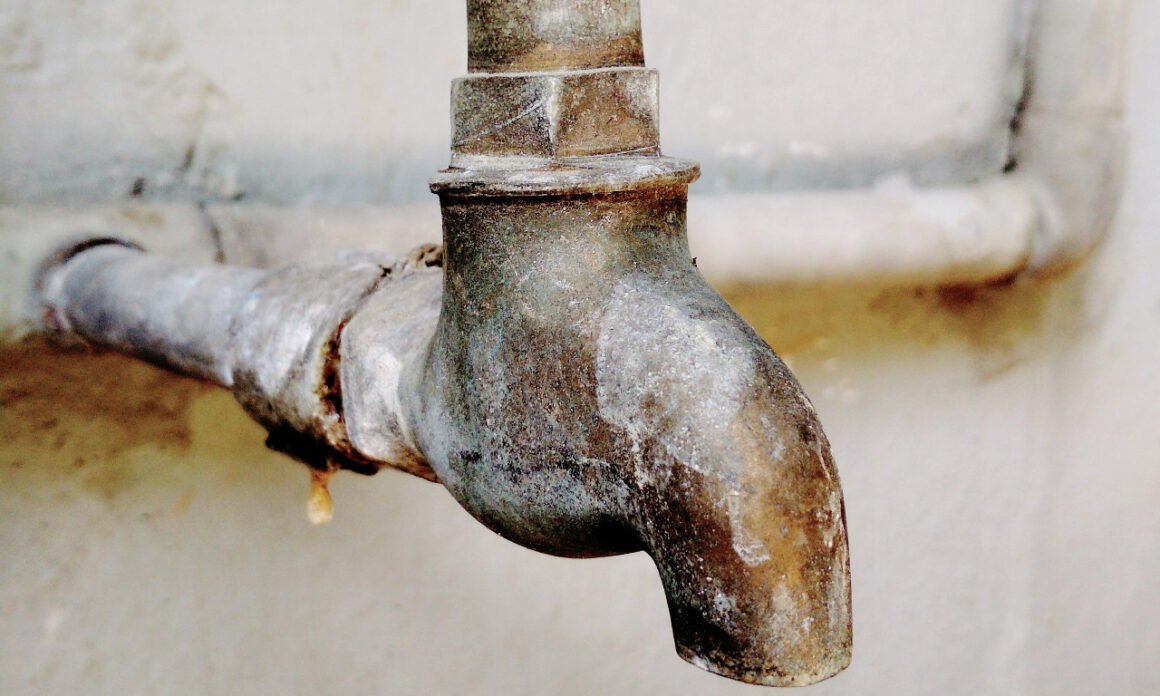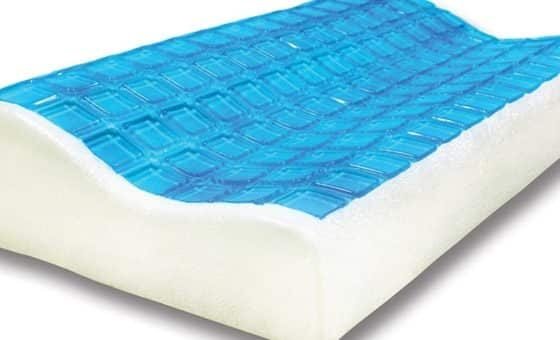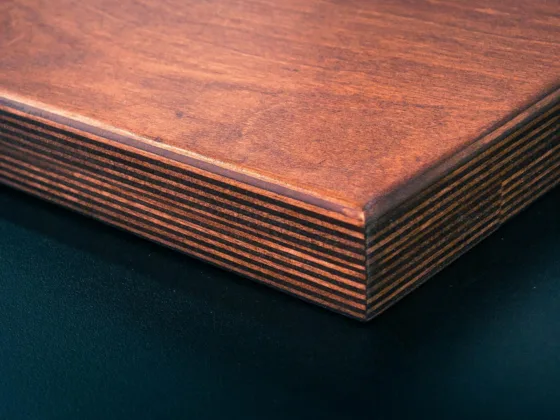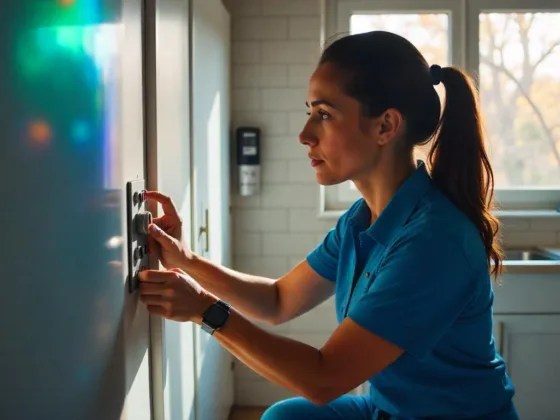Table of Contents Show
Rusty pipes can be an enormous source of frustration for homeowners. Rust can wreak havoc in your water pipe system and do serious damage if allowed to enter it.
Older houses tend to use metal plumbing, such as copper and galvanized steel pipes, that corrodes more easily than modern materials like plastic pipes and can pick up harmful substances like lead and hard metals from rusting over time, rendering tainted water dangerous for consumption over time.
Check out this site to find a professional plumber that can help you with your pipes and other plumbing concerns.
Water Leaks
Leaks from rusty pipes can be alarming and cause lasting damage to your home. If you notice rusty water leaking into your home, call in a professional plumber immediately as this can lead to more extensive problems such as discoloration, dimples, or flaking of pipes that require replacement.
Check for other signs such as discoloration, dimples, or flaking to confirm whether your pipes have become compromised.
While rusty water may look disgusting, it usually isn’t harmful unless it has advanced significantly. Allowing too much rust build-up to occur could damage pipes and cause leakage issues.
Rust is created when iron reacts with oxygen to form iron oxide or rust. It occurs most commonly when pipes come in contact with harsh chemicals or when they rub against each other; to minimize this damage it’s important to use soft cleaning products and have your plumber install pipe supports to protect their outer surfaces from scratching.
Read Also:
Damage To The Pipes
Rust in pipes occurs as a result of the chemical reaction between iron and oxygen, otherwise known as oxidation.
This process affects pipes both internally and externally; metals like iron and steel tend to rust more readily than other materials like copper or plastic; the age of pipes may also play a factor along with water hardness/mineral content and pH levels in their environment.
As soon as rust appears on your plumbing pipes, it’s crucial that you contact a qualified plumber immediately. Rust can cause leaks and gradually wear away at metal pipes over time, weakening them over time.
While there may be ways to repair or replace rusted pipes depending on their severity. A licensed plumber can assess your situation and recommend the most effective course of action.
Health Issues
Corroding pipes produce iron oxide particles that are usually harmless to human health; however, when large enough amounts contaminate your water supply they may result in unpleasant taste and leave discolored stains around your toilets and sinks.
Furthermore, drinking rust-contaminated water over an extended period may result in health issues like stomach upset.
Older pipes composed of galvanized steel, cast iron, or metal tend to corrode more rapidly than modern copper, PVC, ABS, or PEX pipes. Rust can accumulate inside these old piping materials restricting water flow while building up mineral deposits that clog or cause plumbing leaks.
Older pipes with corrosion problems can release carcinogenic hexavalent chromium into drinking water, potentially triggering genetic mutations and leading to cancer. To protect yourself from such issues, replace old and rusty pipes as soon as you notice any sign of wear and tear.
Damage To The Home
Rusty pipes can be hazardous to the health and well-being of your home. Leaks caused by these damaged pipes may contaminate water supplies in your home and create other issues; to protect yourself and avoid these dangers, it is imperative that rusty pipes be replaced immediately to do this effectively.
Rusted pipes, often constructed of metal such as galvanized steel or iron, react with oxygen and minerals present in water to form rust, which leads to corrosion more readily than newer pipe materials such as copper, polyvinyl chloride (PVC), acrylonitrile-butadiene-styrene (ABS) or cross-linked polyethylene (PEX).
If you detect rust in your water supply, immediately shut it off and scrub the pipe with a wire brush and sandpaper.
Also, consider protecting them with a coating to reduce corrosion; other indicators could include metallic taste in water, low pressure, and frequent clogs as indicators that your pipes need replacing; seek professional assistance to find appropriate pipes which won’t rust and leak.










